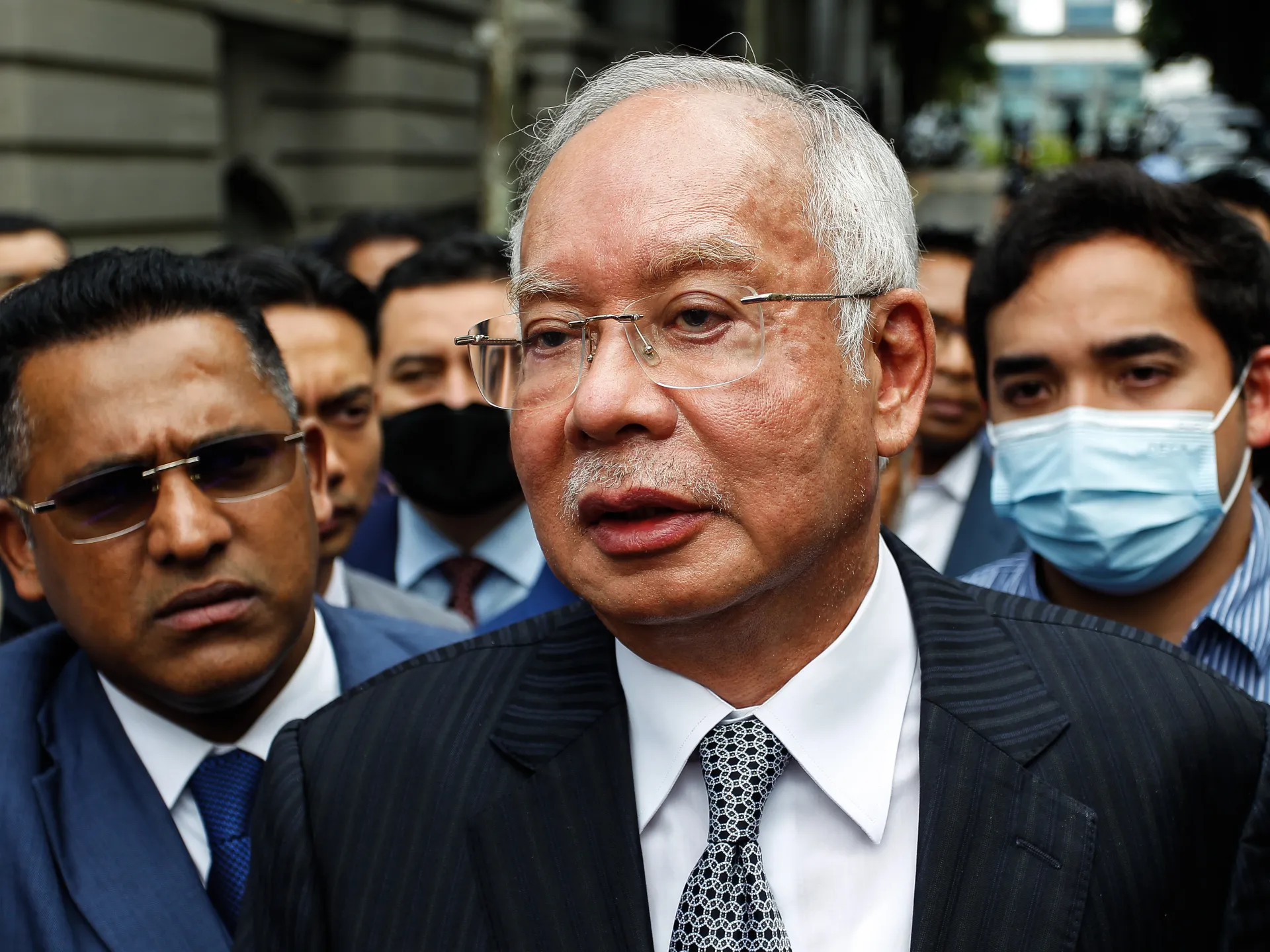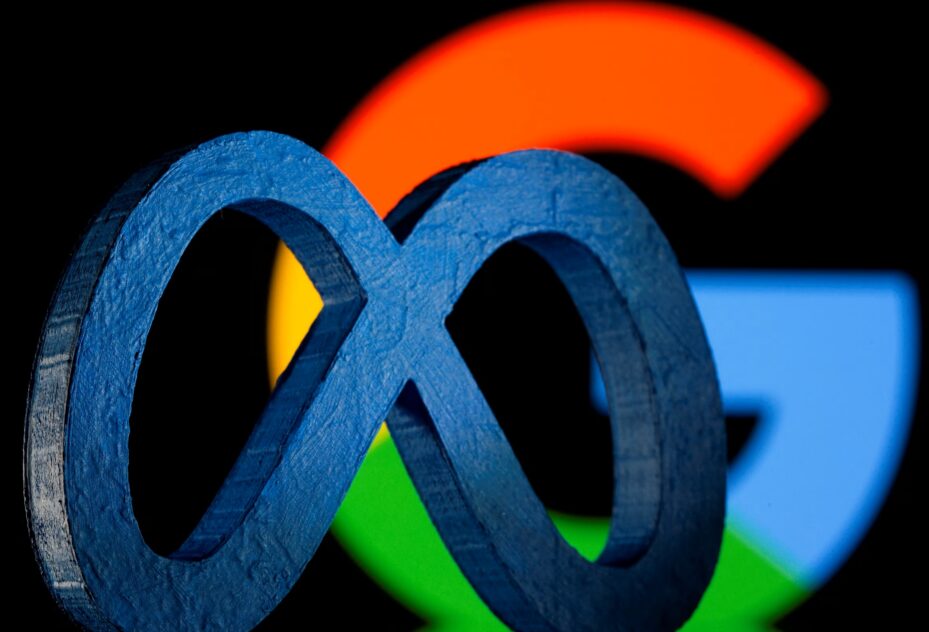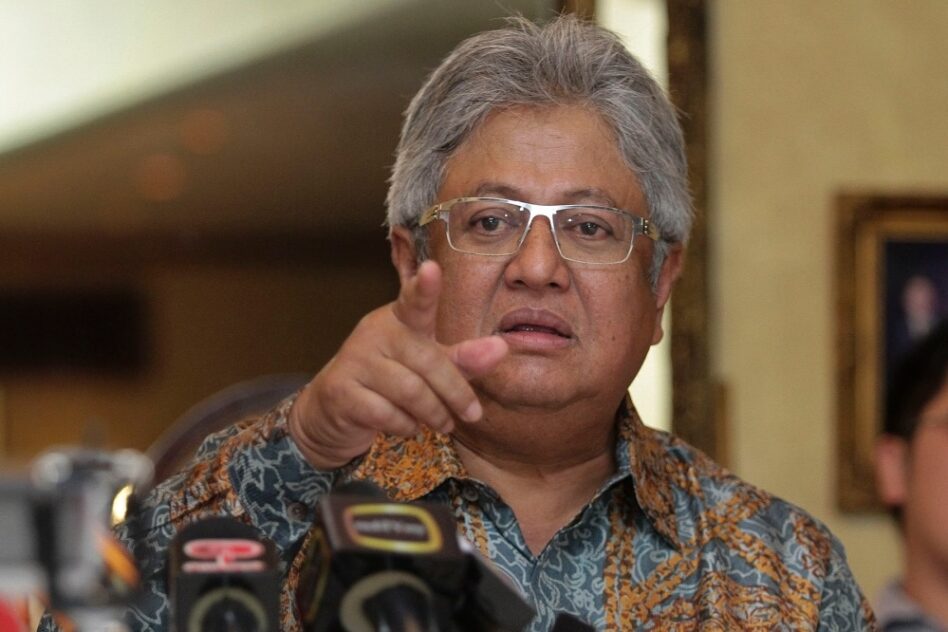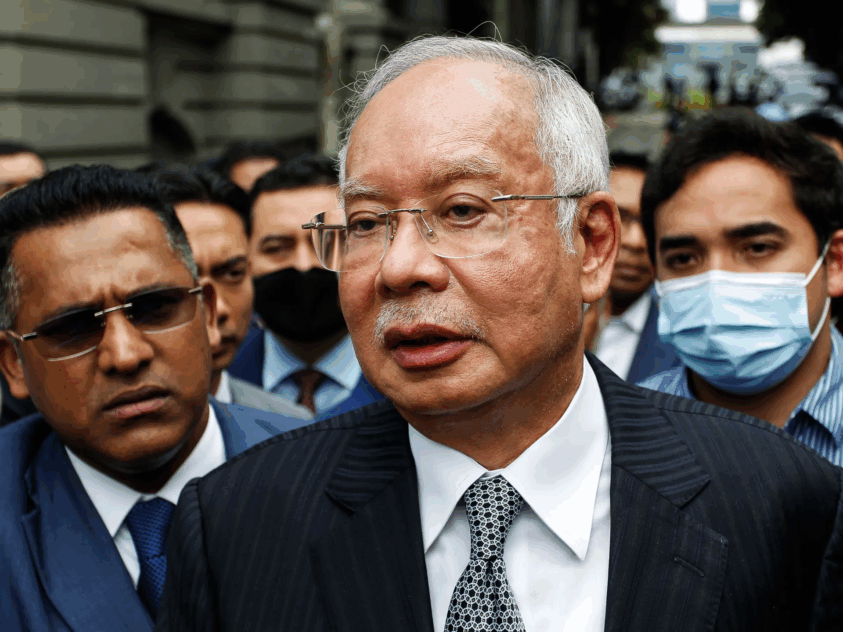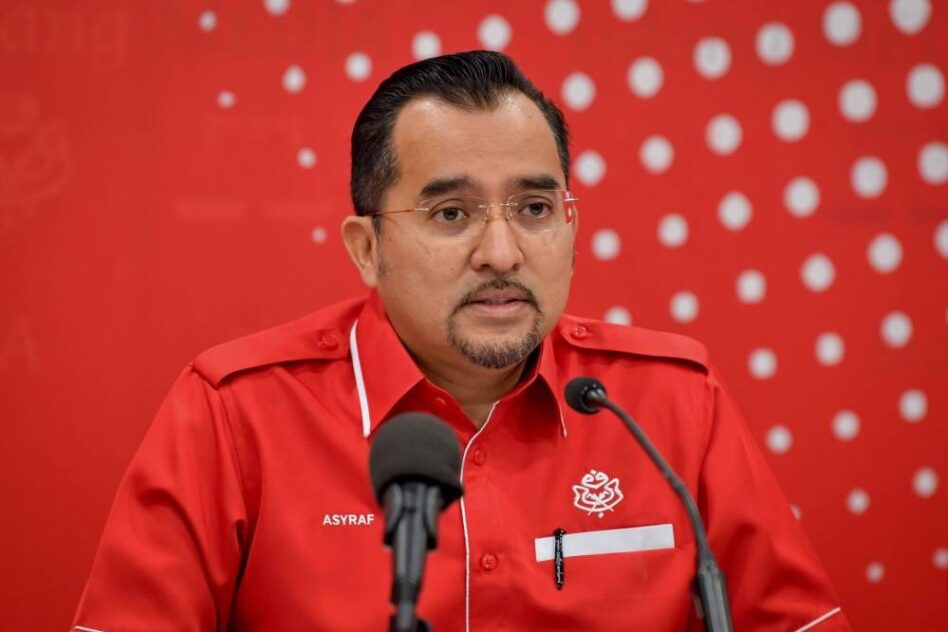THE High Court’s decision to grant former Prime Minister Najib Razak a discharge not amounting to an acquittal (DNAA) in the SRC International money-laundering case has sparked widespread criticism and calls for reform.
High Court Judge K Muniandy cited prolonged delays since 2019, linked to 2014 offences, and the likelihood of further postponements, noting the DNAA does not prejudice the prosecution’s ability to re-charge.
Civil society group Aliran expressed dismay over the Attorney-General’s Chambers (AGC) handling of the case, slamming its unpreparedness and claims that key documents were tied up in other trials as foreseeable
“This does not reflect well on the professionalism and competence of the AGC in recent years,” Aliran said, referencing Muniandy’s remarks on repeated postponements.
“The reason provided left many speechless. Look at the public reaction and widespread incredulity. There is growing unease over the long list of failed prosecutions, with many prominent politicians granted DNAAs,” it added.
Aliran held prime ministers accountable, stating, “Because the AG is appointed based on the PM’s advice, the current and recent PMs cannot escape ultimate responsibility.”
UMNO’s Puad Zarkashi called the ruling an embarrassment, questioning, “Where is the AGC’s credibility?” He added, “The issue here isn’t about refiling charges, but the reasons the discharge was granted. The (AGC’s) weaknesses should be looked into.”
Pejuang proposed a committee to review high-profile DNAA cases. Aliran urged reforms, including separating the attorney-general and public prosecutor roles, warning that public trust is eroding. —June 22, 2025
Main image: Al Jazeera


